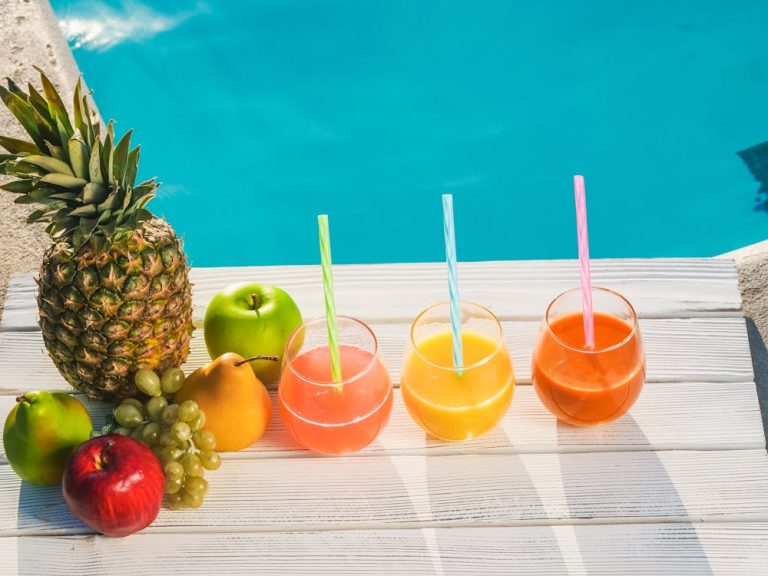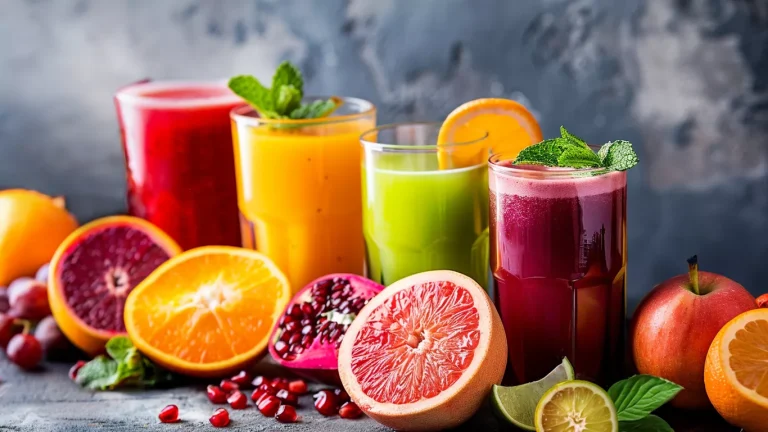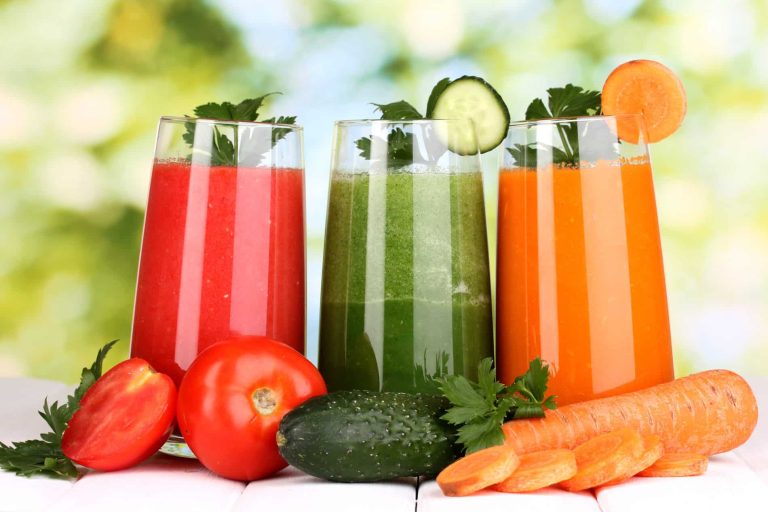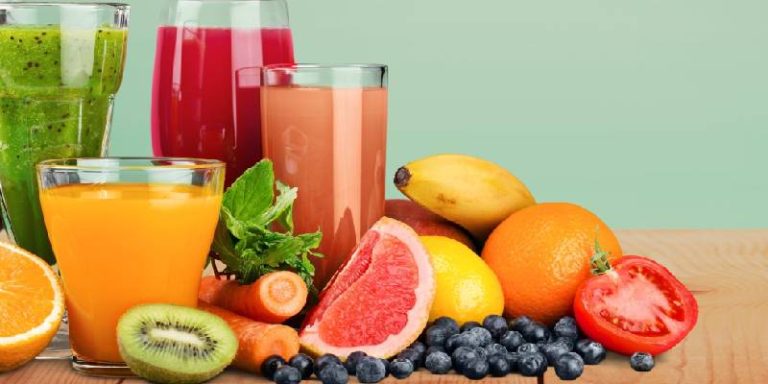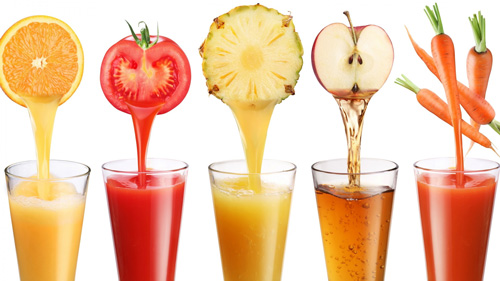Orange Juice and the Common Cold: Can a Simple Glass of Citrus Really Speed Up Recovery?
You may have heard that drinking orange juice helps with a cold because it has high vitamin C. While oranges are rich in vitamin C, a powerful antioxidant for the immune system, drinking orange juice isn’t an effective cold treatment and doesn’t shorten the duration of cold symptoms.
Drinking Orange Juice Before vs. After You Have a Cold
Orange juice is a popular choice during cold and flu season because of its high vitamin C content. It’s associated with helping prevent you from getting sick and helping speed up the recovery process. Vitamin C does play a key role in healthy immune system functioning. A typical cup of orange juice has over 100% of your daily recommended dietary allowance of vitamin C.1 However, the high sugar level in orange juice is said to suppress the immune system.1
Some Studies Suggest It Could Decrease Inflammation
There are some studies that suggest drinking 100% orange juice with no added sugar could decrease inflammation due to it being rich in vitamin C and folate.2
One study from 2022 says flavonoids and ascorbic acid work as antioxidants and can also help with inflammation.3 However, the study authors note their findings should be interpreted with caution due to the low number of participants among other factors.
Citric Acid Can Irritate a Sore Throat
If you’re sick and have a sore throat, it’s best to avoid eating oranges and drinking orange juice. That’s because the citric acid can irritate your sore throat and worsen the burning sensation.4
Acidic fruits and juices to avoid when you have a sore throat include:4
- Grapes
- Grapefruit
- Oranges
- Pineapple
Most Juices Are High in Sugar
Most juices are high in sugar, and orange juice is no exception. The average glass of orange juice has around 36 grams of carbohydrates or about nine teaspoons of sugar. This is almost the same as the average can of soda.1
Whole Oranges vs. Juice
Whole oranges provide more nutritional benefits than orange juice. That’s the case, even if it’s fresh-squeezed orange juice. Fruit juice doesn’t compare nutritionally because it lacks fiber. Dietary fiber promotes healthy digestion, cholesterol levels, colon health, and more.5
Vitamin C Sources That Boost Your Immune System
Many good sources of vitamin C support healthy immune system functioning.
Here are popular choices:6
- Broccoli
- Citrus fruits and juices (orange, grapefruit, lemon)
- Green pepper
- Kiwis
- Red pepper
- Strawberries
- Tomato and tomato juice
What To Drink If You’re Sick
Rather than reaching for orange juice when you’re sick, some options will provide benefits without irritating your sore throat. Aim for at least two liters or eight cups per day to help you stay hydrated, keep your throat moist, and thin mucus.7
Here are some options:7
- Broth
- Herbal or decaf tea
- Hot water with lemon and honey
- Non-caffeinated sports drinks or electrolyte beverages
- Soup
- Water
Should You Take Supplements to Prevent a Cold?
Experts say there is not enough evidence supporting supplements for preventing a cold. Research has determined the following:8
- Echinacea has not been proven to treat or prevent colds.
- Probiotics may help prevent colds but little is known about long-term safety.
- Vitamin C doesn’t prevent colds and only slightly reduces their severity and length.
- Zinc may help treat colds but can also cause side effects and interact with medications.
Tips to Get Over Your Cold
You won’t be able to cure your cold, but you can treat your symptoms and find relief with the following tips:
- Gargle warm salt water to reduce sore throat pain and swelling
- Humidify the air to prevent dry air from making symptoms worse
- Rest to support your immune system
- Stay hydrated to ease congestion and prevent dehydration
- Take over-the-counter medications like decongestants, antihistamines, and analgesics (pain relievers)


